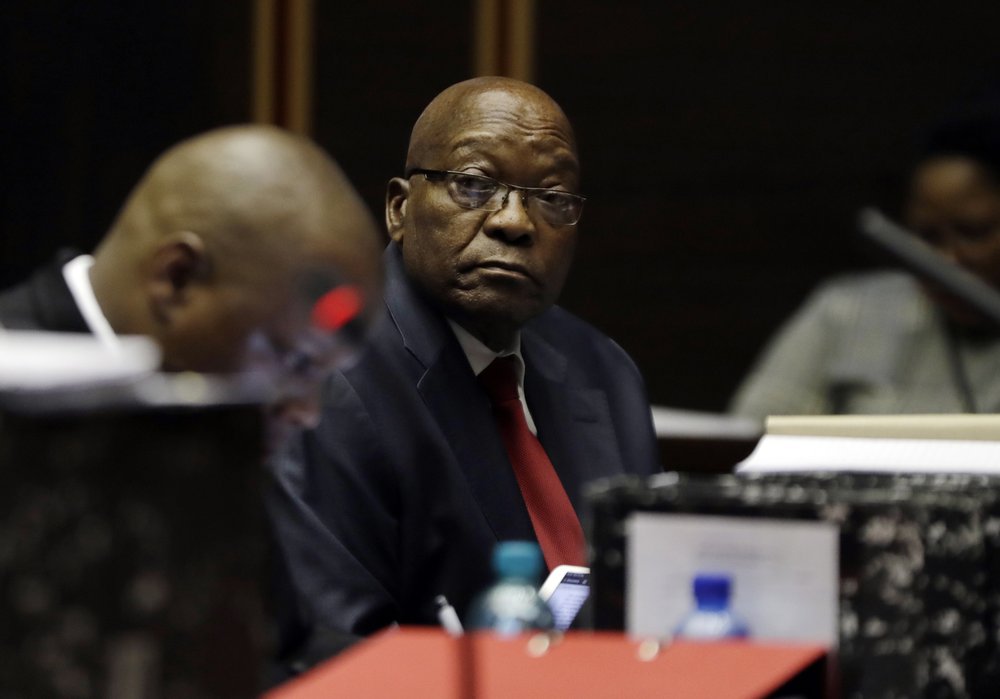The South African scandal, also known as “state capture,” refers to the alleged corruption and misconduct within the government of South Africa that took place during the administration of President Jacob Zuma. The scandal involves allegations of corruption, bribery, and influence-peddling by members of the government, state-owned enterprises, and private individuals and companies.
The scandal first came to light in 2016, when a report by the Public Protector, Thuli Madonsela, detailed the extent of the corruption and misconduct. The report alleged that members of the government, including President Zuma, had used their positions of power to influence the awarding of contracts and tenders to friends and allies.
One of the key players in the scandal is the Gupta family, a group of Indian-South African businesspeople who are alleged to have had close ties to President Zuma and to have used their influence to secure government contracts and favours. The Guptas have denied any wrongdoing, but they have been linked to a number of high-profile corruption cases, including the sale of a coal mine to a company they owned and the awarding of a contract to supply trains to the state-owned rail company.
The South African scandal has had a major impact on the country, both economically and politically. The corruption and misconduct have led to a loss of trust in the government and a decline in the country’s economic growth. In addition, the scandal has led to a number of high-profile resignations and dismissals, including that of President Zuma himself, who resigned in 2018.
The South African government has taken steps to address the scandal and to prevent similar misconduct in the future. The country has implemented new laws and regulations to increase transparency and accountability in government and state-owned enterprises. In addition, several commissions of inquiry have been established to investigate the allegations of corruption and misconduct.
The state capture report was finally released in 2022 after four years of evidence being led. Raymond Zondo, the former deputy chief justice heard testimonies from almost 300 witnesses and perused over eight-million pages of documentation. All in all, the inquiry cost R1bn. The final instalment was due to be presented at the end of April 2022, but the Pretoria High Court granted a six-week extension until June 15, which was also subsequently delayed.
The South African scandal highlights the importance of transparency and accountability in government and state-owned enterprises and serves as a reminder of the need for strong measures to prevent corruption and misconduct especially in South Africa.
Image Credit: AP Photo/Themba Hadebe




